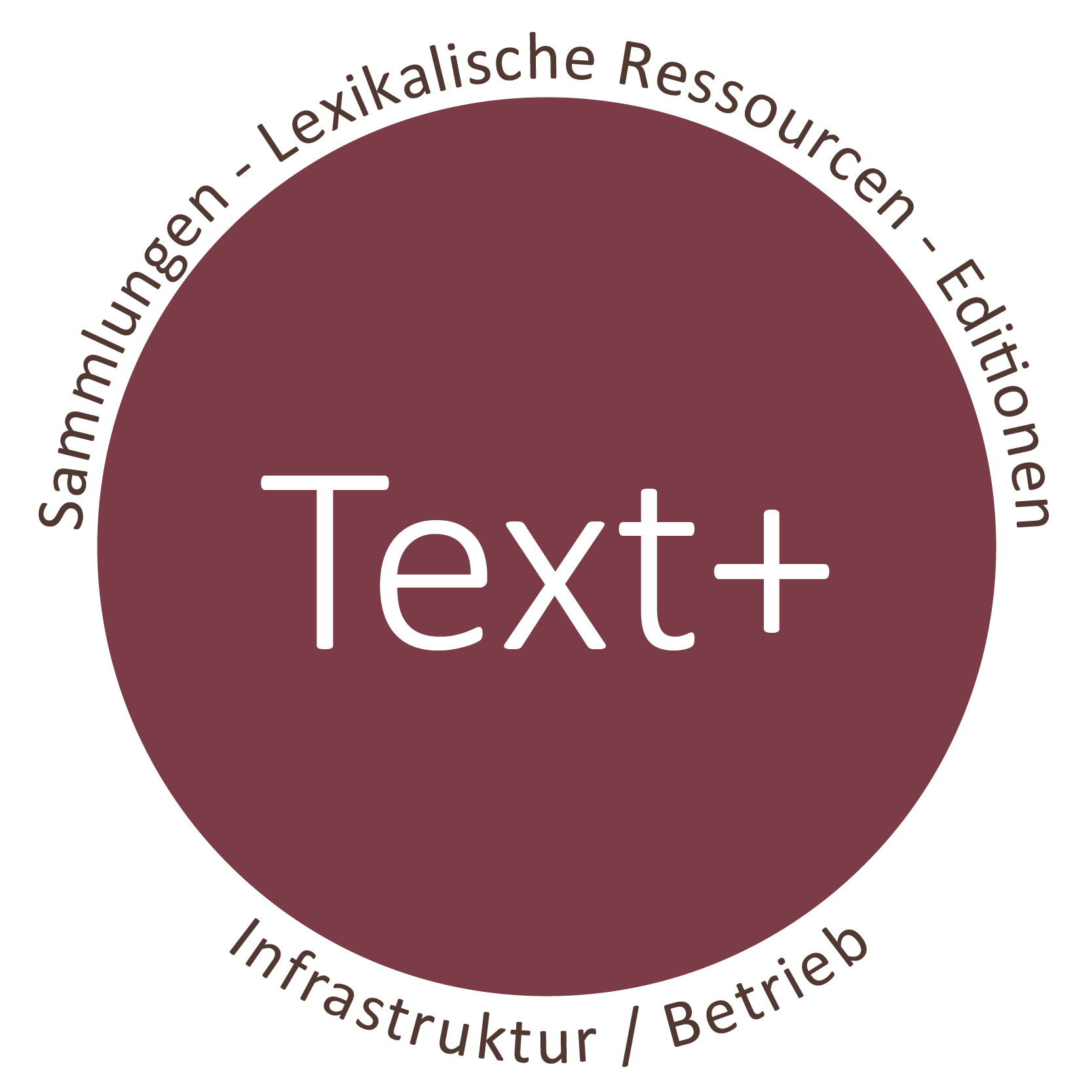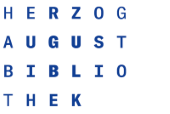The Past, Present, and Future of Digital Editing
A conference at the Herzog August Bibliothek Wolfenbüttel on 25-27 September 2023
Internet edition, electronic edition, digital edition… numerous terms have been used in recent decades to describe the provision of scholarly texts in digital form for research. Patrick Sahle’s catalogue (v 4.0, 2020ff) currently lists 817 “Digital Scholarly Editions”. Some of the projects mentioned are available only on CD-ROM. The time span covers the 1980s to the present day, with completely different edenda. Consequently there are different editorial approaches, and various types of editions and technical realisations. A look at the catalogue clearly shows the dynamics of developments and thus also the breadth of today’s editorial landscape.
In 2003, the Herzog August Bibliothek also published its first “Internetedition”. Beside the provision of previously unpublished letters by Athanasius Kircher, the conceptual focus was on testing textual markup using TEI-XML in a library context, in particular the question of integrating original sources and research literature into the edition. Today, the use of the TEI guidelines can be considered an established standard. But nevertheless: the last decades have also been marked by numerous changes in the field of scholarly editing. Alongside a pluralisation of concepts of text, an expanded range of addressees and (re)use scenarios for editions, as well as new technical possibilities, changed funding conditions and the emergence of research infrastructures require consideration. Edition projects have to adapt to these parameters.
The conference, which will take place from 25-27 September 2023 on the occasion of the 20th anniversary of digital editing at the Herzog August Bibliothek Wolfenbüttel, will focus on the discussion of both theoretical and practical questions. The aim is to assess the current state of affairs, to include and critically reflect on past developments, and to shape perspectives for the future.
The following topics are intended to provide examples of the event’s focus:
- historical analysis and assessment of digital editing in the last decades
- past, present and future challenges of digital editing in philological as well as in technical/practical matters
- standardisation vs. innovation
- openness vs. closedness
- established and innovative software solutions
- reflection of an increasingly diversified concept of text and/or expanded user groups and scenarios
- opportunities and challenges in the inclusion of other media besides text and their significance
- changing frameworks, contexts (e.g. National Research Data Infrastructures), demands and increasing requirements (e.g. RDM, FAIR and CARE principles)
- measures for the FAIRification of digital editions
- reception of digital editions and quality assurance
- connectivity of ongoing and completed edition projects
- lessons learnt
We cordially invite researchers from all disciplines to participate in these discussions with a presentation of about 20 minutes. The conference language is mainly German. Presentations in English are also welcome. We kindly ask you to submit an abstract of a maximum of 750 words together with a short CV and contact details (email, postal address) to schulz@hab.de by 10 February 2023. Please refrain from merely presenting a specific project. The relevance to the overarching theme of the conference should be made clear in the abstract.
 The event will be organised in cooperation with the NFDI consortium Text+. A publication of proceedings is planned. Subject to the availability of funds, travel and accommodation costs for speakers may be covered, at least on a pro rata basis. In order to be able to respond flexibly to potential restrictions at the time of the conference, it is planned as a hybrid event.
The event will be organised in cooperation with the NFDI consortium Text+. A publication of proceedings is planned. Subject to the availability of funds, travel and accommodation costs for speakers may be covered, at least on a pro rata basis. In order to be able to respond flexibly to potential restrictions at the time of the conference, it is planned as a hybrid event.
We look forward to your ideas and contributions!
If you have any questions, please contact Daniela Schulz (schulz@hab.de).

